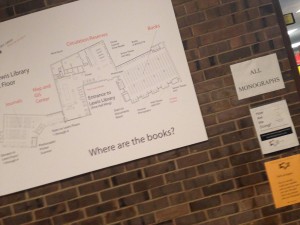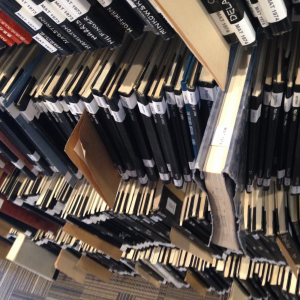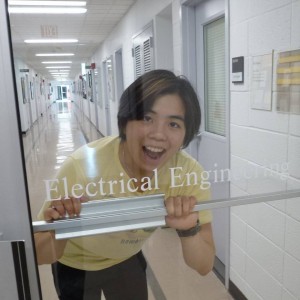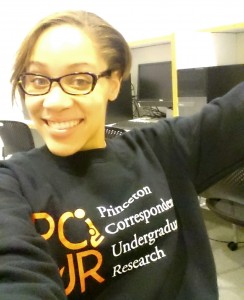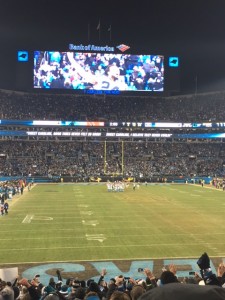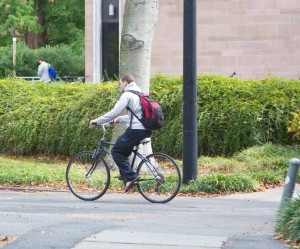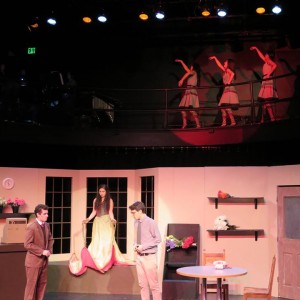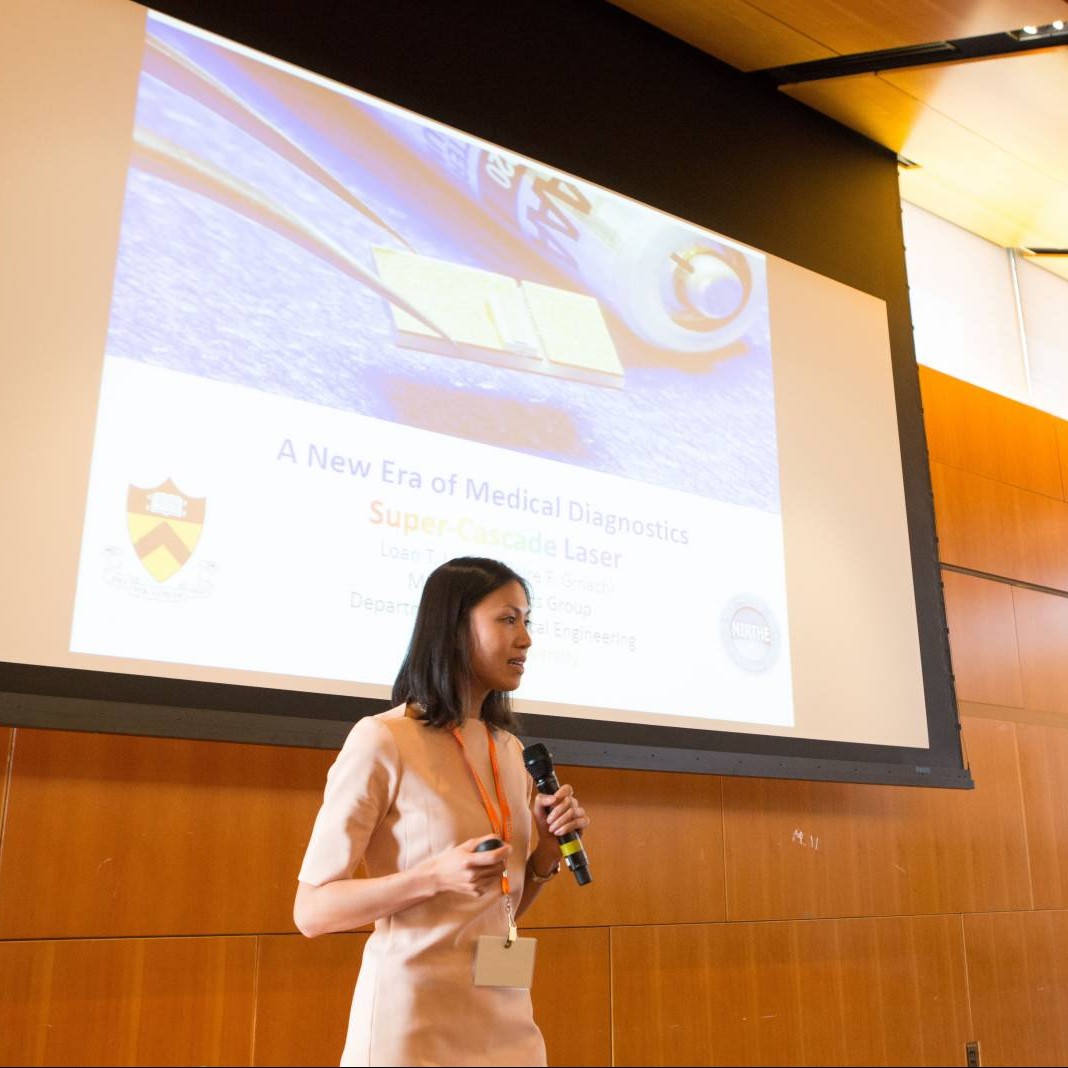In an ideal world, research is pretty straightforward. Evidence is collected, synthesized, and analyzed. Meaning emerges. Results point to objective truth.
But if there’s anything I’ve learned from the first two weeks of ANT 301 (The Ethnographer’s Craft), it’s that research is often far from this ideal. Ethnography, at its core, is a subjective science. But that does not discount its intellectual value.
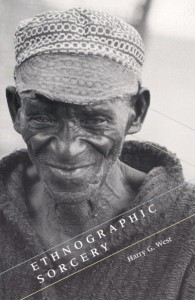
We recently read Harry G. West’s Ethnographic Sorcery, an account of West’s research in Mueda, Mozambique, where he studied sorcery as a prominent belief system. In short, Muedans believe that there are sorcerers among them who turn into lions and claim innocent lives. Early in the book, West recounts a conference he held to bounce his ideas off of community members. There, he presented a theory: we may understand these lion-people as metaphors for power play in society. An awkward hush took over the room before a schoolteacher spoke up. “I think you misunderstand,” he said. “These lions that you talk about … they aren’t symbols — they’re real.”
The case of the lion-people as metaphors reveals a problem of subjectivity: interpretations are often based on vastly distinct epistemologies, or ways of understanding the world. West acknowledges that calling lion-people metaphors is a fallacy because it dismisses local belief systems. In other words, viewing aspects of other cultures as metaphors rather than truth is a way of holding Western values above others.
Continue reading Sorcery or Science? The Value of Subjective Research




